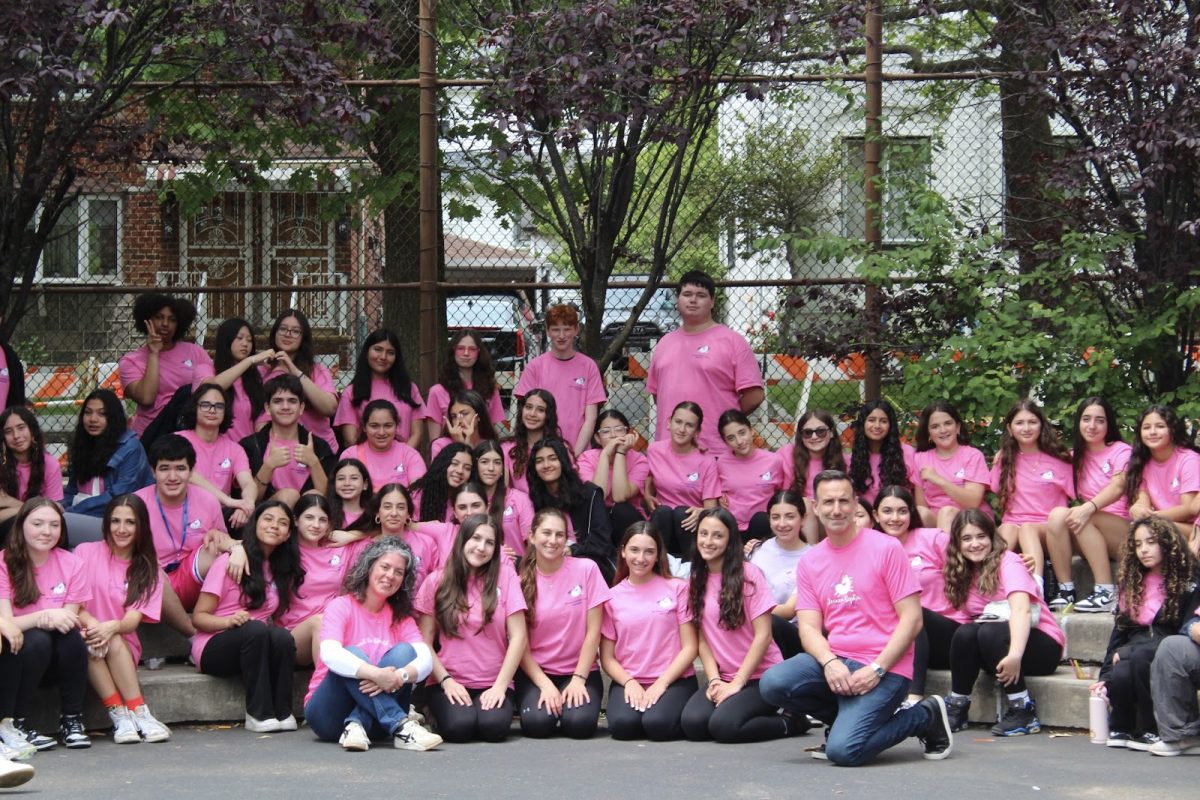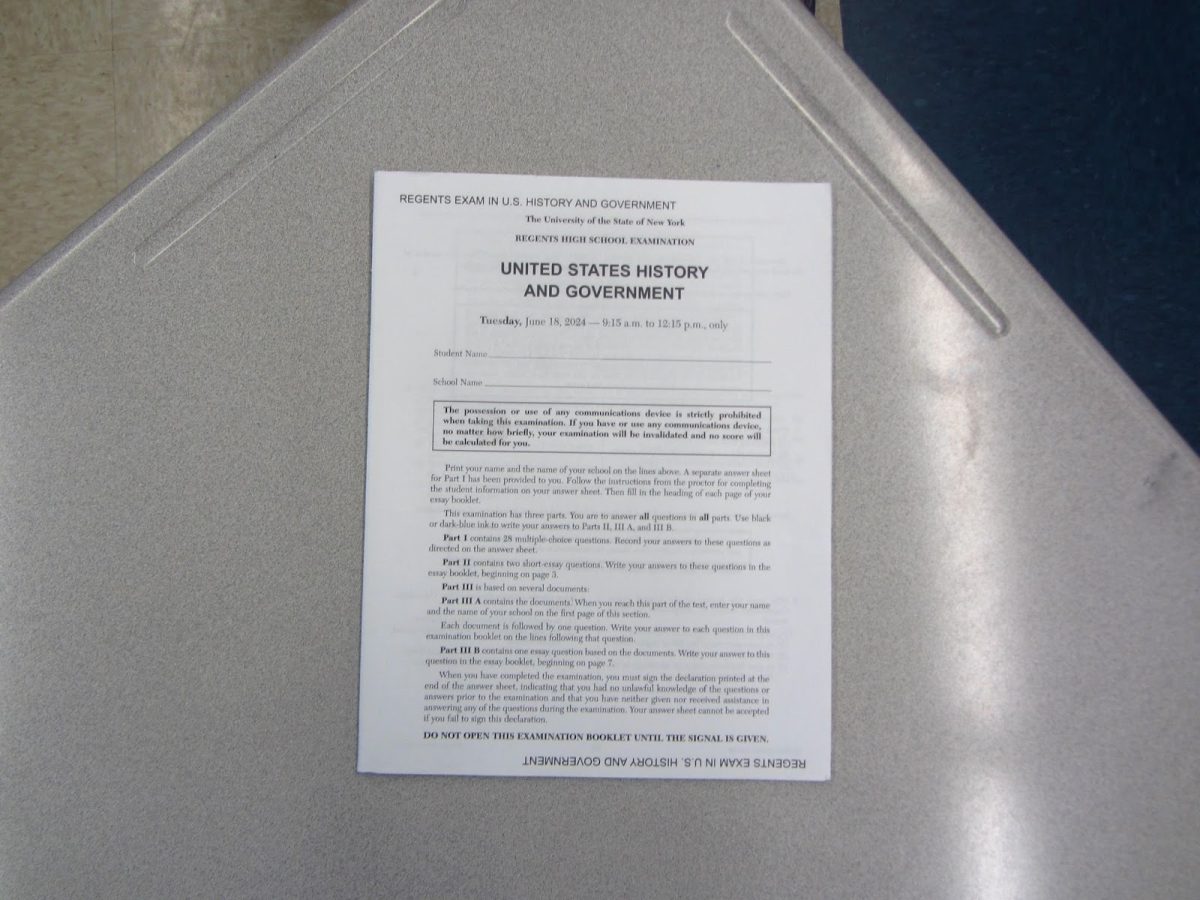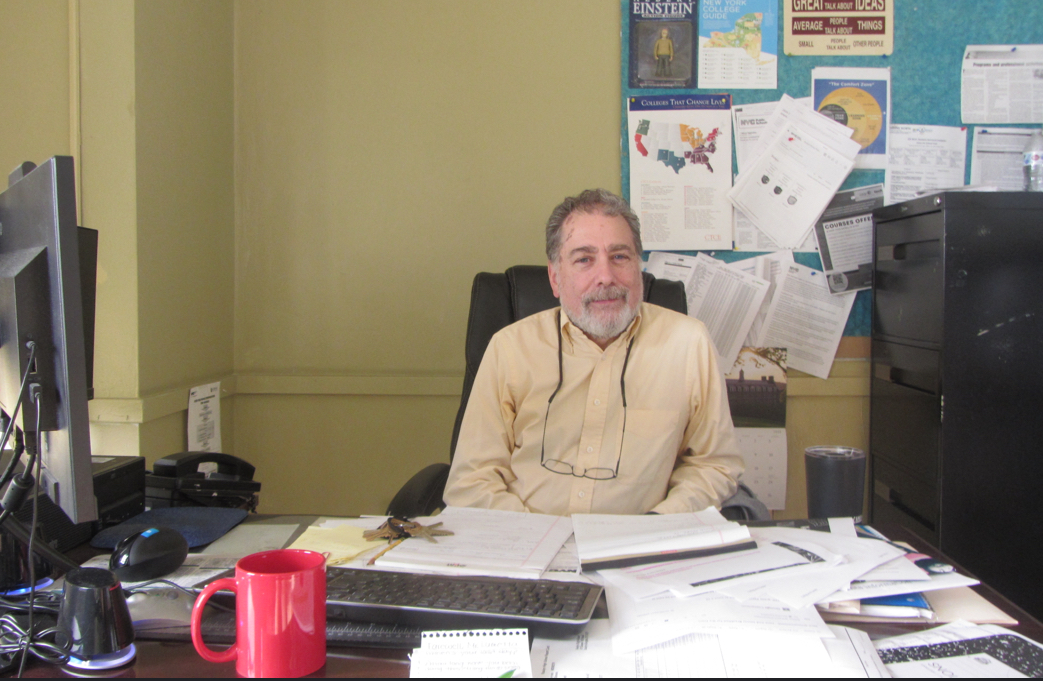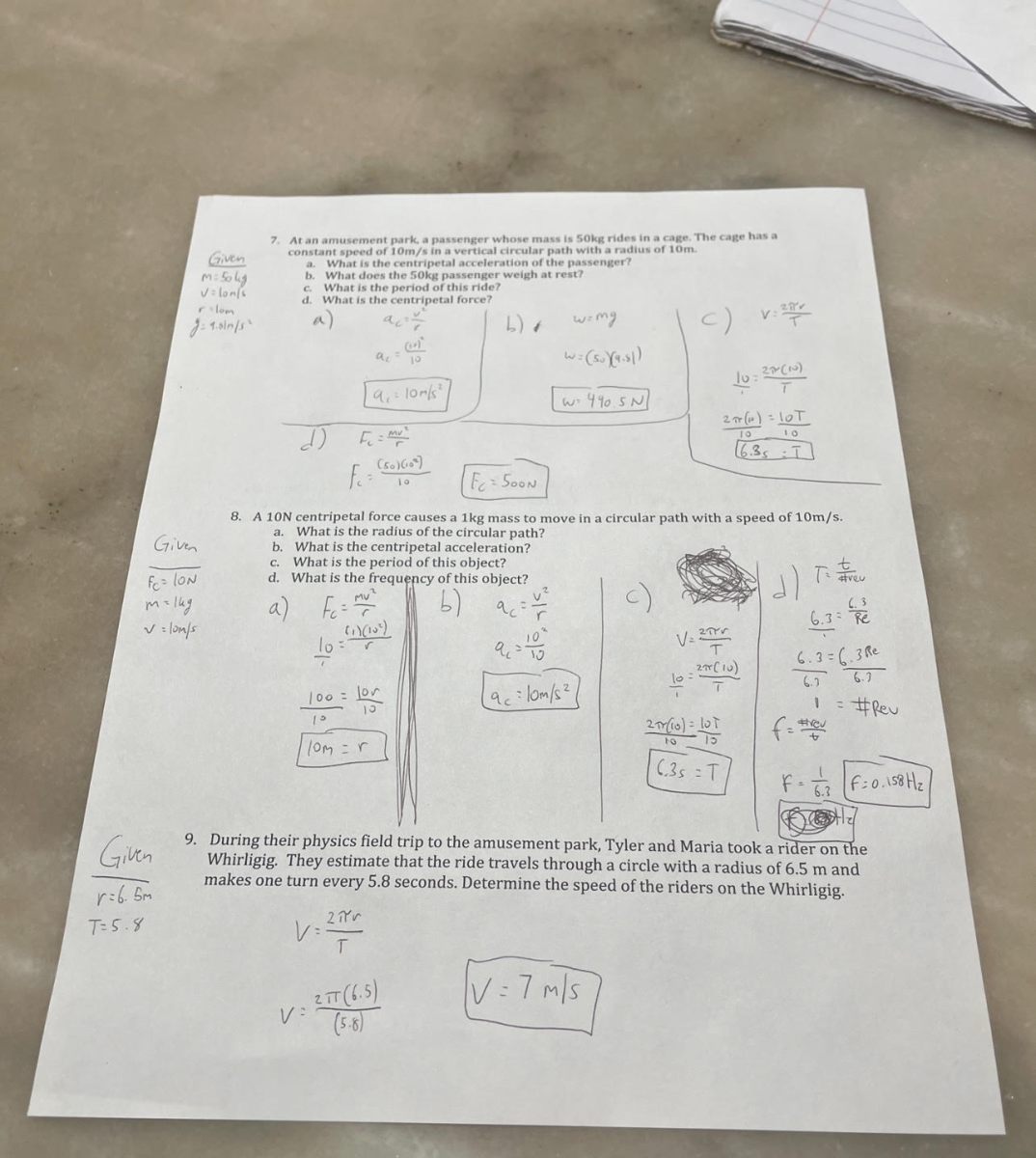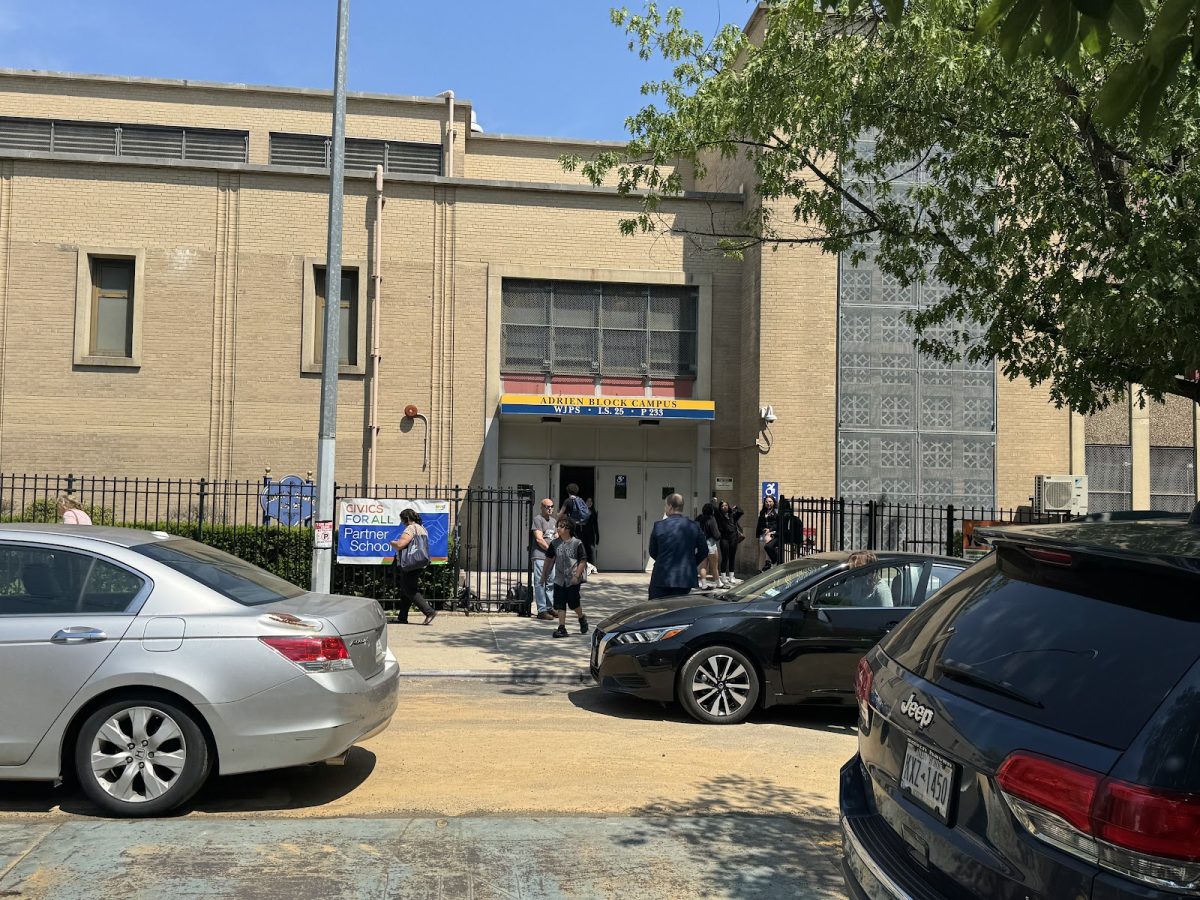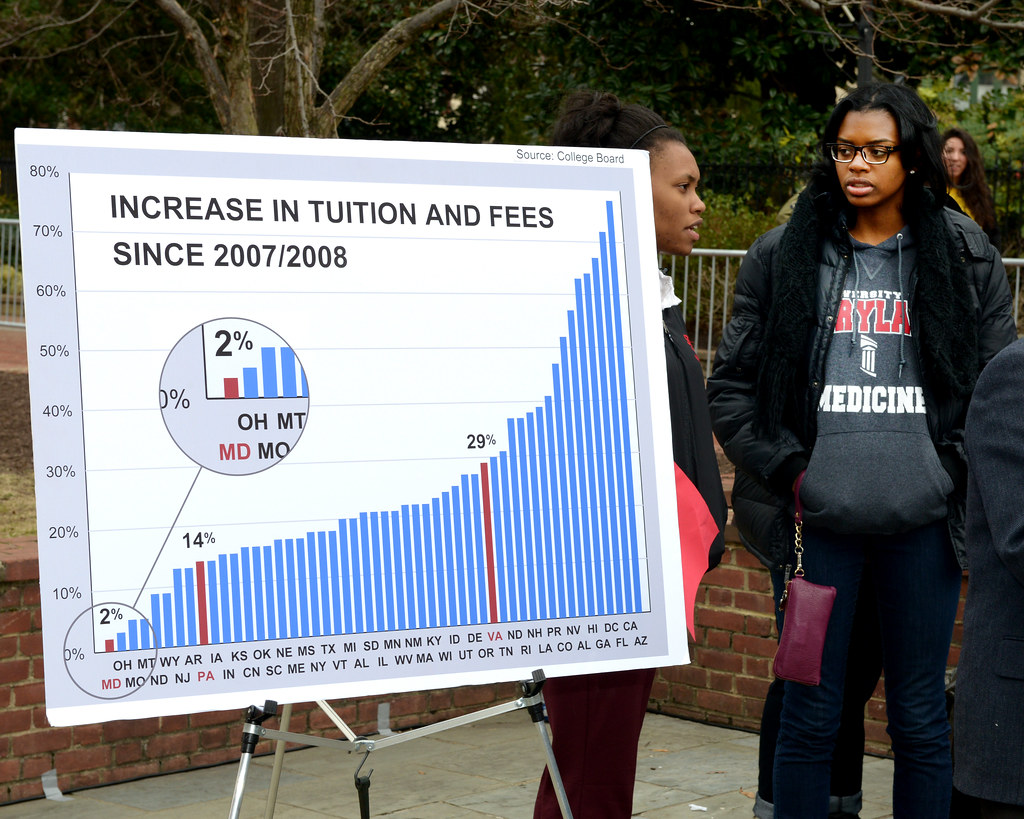Every year, The Royal Swedish Academy of Sciences presents the Nobel Prizes for literature, physics, chemistry, peace, economics, and physiology or medicine on December 10th. Earlier this month, the committee announced that the Nobel Prize in Physics 2019 was awarded with one half to James Peebles, and the other half to Michel Mayor and Didier Queloz.
Royal Swedish Academy of Sciences recognized the three scientists “for contributions to our understanding of the evolution of the universe and Earth’s place in the cosmos.”
Dr. Peebles was awarded “for theoretical discoveries in physical cosmology” while Dr. Mayor and Dr. Queloz were awarded “for the discovery of an exoplanet orbiting a solar-type star” (Royal Swedish Academy of Sciences).
Dr. Peebles’ work focused on developing an understanding on how the universe evolved after the Big Bang. His theoretical models on the Big Bang’s background radiation temperature gave clues on the amount of matter the Big Bang created. He showed that known matter makes up 5% of the universe’s matter and energy, while the other 95% is dark matter and dark energy.
In 1995, Mayor and Queloz made the first discovery of an exoplanet orbiting a star. Researchers have since developed theories relating to the physical processes that create planets.
When asked about her thoughts on the awards, Maria Reyes stated, “Finding out about new planets and learning about the Big Bang’s effects is a cool thing for everyone. You might think that science fiction movies may be more science than fiction. We are at the frontier of a totally new understanding of our world.”


